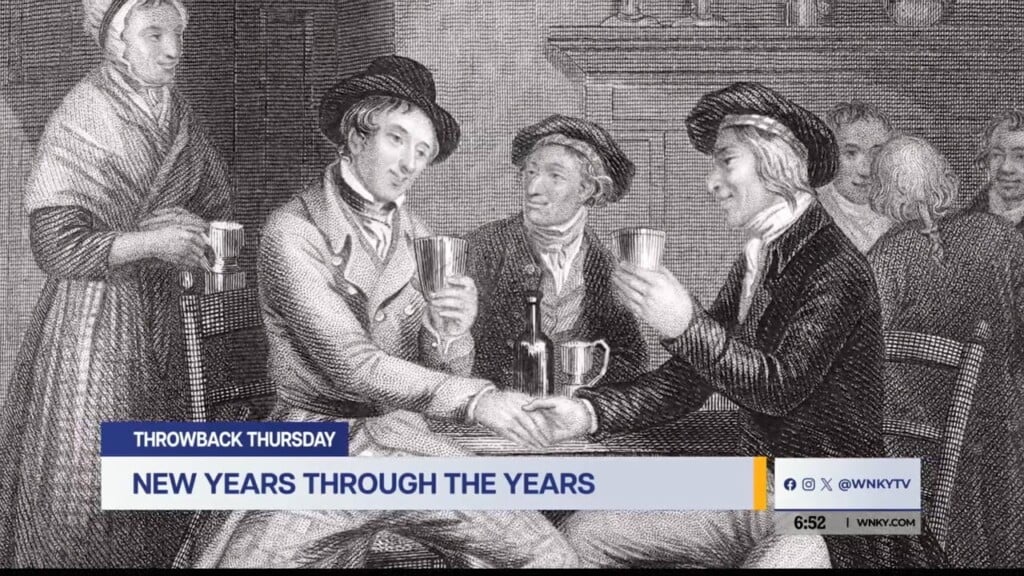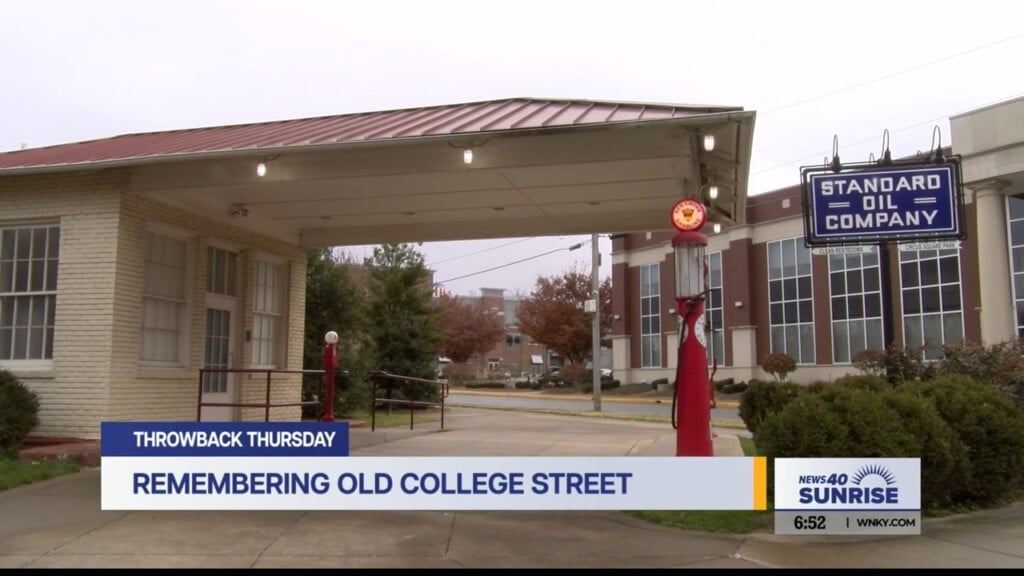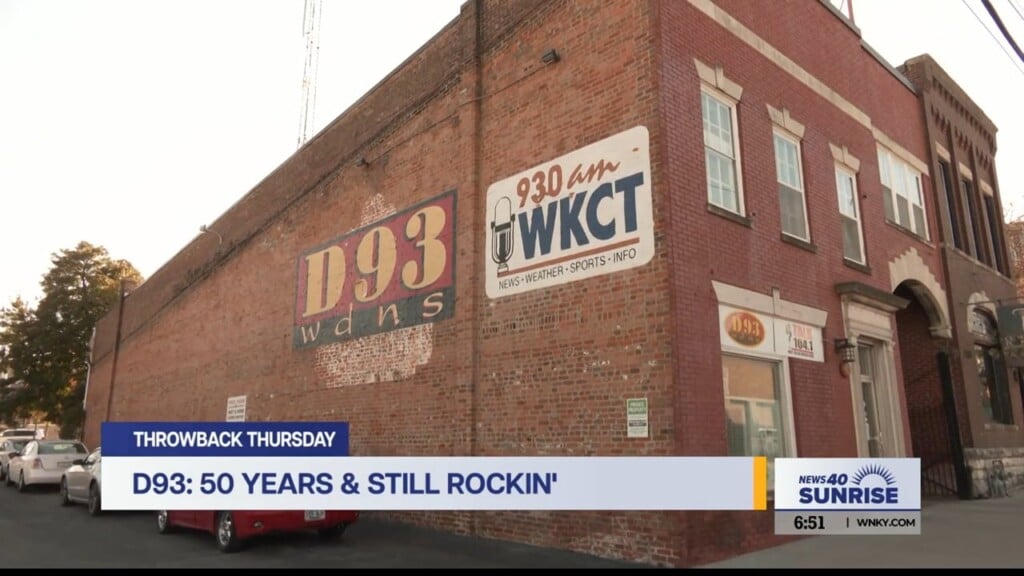Throwback Thursday: How Kentucky survived the 1899 election
The 1899 Kentucky Governor’s election threw the state into chaos. Both candidates claimed to have won. After Democrat William Goebel was assassinated, the two parties in the General Assembly met separately. Democratic Lieutenant Governor John Beckham was sworn in to succeed Goebel while Republican Governor William Taylor locked himself in his office. Both men mobilized their own militias. The whole nation waited for open warfare to break out.
Before settling who would govern the state, the hunt began for the assassins. Arrest warrants were issued charging five men with the murder of Goebel. Caleb Powers was discovered escaping Frankfort, disguised as a soldier. He already had a pardon from Governor Taylor, which was ignored. Powers, as Kentucky’s newly elected Secretary of State, had an office, alongside Governor Taylor’s, in the Executive Building from which the assassin’s shots were fired. According to his own staff, Powers had encouraged armed men to descend on Frankfort to intimidate the General Assembly. Allegedly he gave the key to his office to Henry Youtsey, who worked in the Auditor’s office. Youtsey testified that he gave that key to Jim Howard, along with some special ammunition. Howard allegedly pulled the trigger.
Powers, Youtsey, and Howard were all tried, found guilty, and handed life sentences. Caleb Powers appealed. In his third trial, he took the stand and spoke for seven hours in his defense, before he was found guilty again and, this time, sentenced to death. He would eventually be pardoned in 1908 by Republican Governor Augustus Willson. In 1910, he ran for office again and won. Caleb Powers spent eight years representing Kentucky’s 11th District in the U.S. House of Representatives, demonstrating that the state could forgive and forget. He spent the same number of years in Congress as he did in prison.
Meanwhile the courts also ruled on who was governor. On April 6, 1900, the Kentucky Court of Appeals, then the highest court in the state, sided with the Democrats. Republicans appealed to the U.S. Supreme Court, who refused to hear the case, with only Justice John Marshall Harlan, from Kentucky himself, objecting.
With these rulings, William Taylor, wired his state guard’s Adjutant General, telling him to dismiss the soldiers guarding the state house and surrender his office. Afterwards, Taylor fled to Indianapolis before being indicted as an accessory himself. Kentucky tried to have him extradited, but the Indiana Governor, a fellow Republican, refused. In 1901, men tried to abduct him so he could be returned to Kentucky to stand trial, but that effort failed. Even though he was pardoned in 1909, Taylor never returned to Kentucky permanently. The only governor from Butler County died in 1928 and is buried in Indianapolis.



